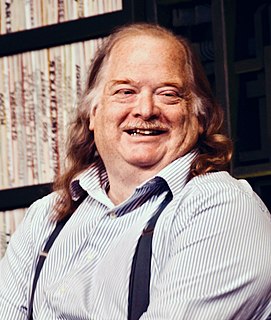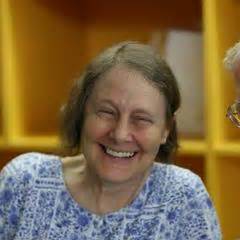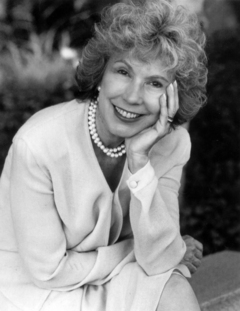A Quote by Joshua Foer
Our culture constantly inundates us with new information, and yet our brains capture so little of it. I can spend half a dozen hours reading a book and then have only a foggy notion of what it was about.
Related Quotes
We have about three hours of homework a night, and our evening study period is only two hours, so if you want to spend the break at half-past-nine not freaking out, you have to cram. I'm not sure that the picture of the wide-eyed zombie girl biting out the brains of senior douchebag James Page is part of Sam's homework, bit if it is, his physics teacher is awesome.
Cooking is what makes us human. For example, Chimpanzees spend eight to ten hours trying to feed themselves, they are occupied by it, eating basically indigestible things. Once our human ancestors learn to cook things, suddenly we didn't have to spend that much time on digestion, our brains expanded, and we think about other things.
Our present culture, however, specializes in inflaming endless lust for possessions with advertisements that constantly convince us that we need more (particularly to create the ease we have never found). The marketers don't tell us much about their products, but they spend a great deal of energy (and enormous amounts of money) appealing to our fears and dreams. Thus, the idolatry of possessions plays to the deeper idolatry of our selves-and in an endlessly consuming society, persons are always remaking themselves with new belongings.
I had to share a room with my sister, who is five and a half years older than I am. We didn't get along well, and I felt that I had no privacy. So books were my privacy, because no one could join me in a book, no one could comment on the action or make fun of it. I used to spend hours reading in the bathroom -- and we only had one bathroom in our small apartment!
Our physical senses and our embodied brains allow us to perceive only a small fraction of reality. We cannot see microbes or untraviolet light, for example. We can hear only a small range of sounds. When we try to describe the otherworld of energies and spirits, we are limited not only by our bodily constraints but by the expectations, assumptions, and language patterns ingrained in us by the culture we were raised in.
A good part of 'The Information' is about the transition from an oral to a literary culture. Books effected such a great transformation in the way we think about the world, our history, our logic, mathematics, you name it. I think we would be greatly diminished as a people and as a culture if the book became obsolete.
Money and prices and markets don't give us exact information about how much our suburbs, freeways, and spandex cost. Instead, everything else is giving us accurate information: our beleaguered air and watersheds, our overworked soils, our decimated inner cities. All of these provide information our prices should be giving us but do not.
As little boys, my brother and I used to spend hours with my grandmother, asking her about the details of how she came to America. She could only give us a smattering of details, but they all found their way into our collective imagination, eventually becoming a part of our own cultural identity and connection to the past.
The good thing about life is that you can research anywhere you are. I'm just constantly gathering little bits of information all the time. I'm always grabbing something out of the headlines, out of the news or reading a book about astronomy and just trying to figure out how to get my head around the facts but the bigger stress is trying to connect those facts to normal life situations and our relationship with God.
But love is always new. Regardless of whether we love once, twice, or a dozen times in our life, we always face a brand-new situation. Love can consign us to hell or to paradise, but it always takes us somewhere. We simply have to accept it, because it is what nourishes our existence. We have to take love where we find it, even if that means hours, days, weeks of disappointment and sadness.

































